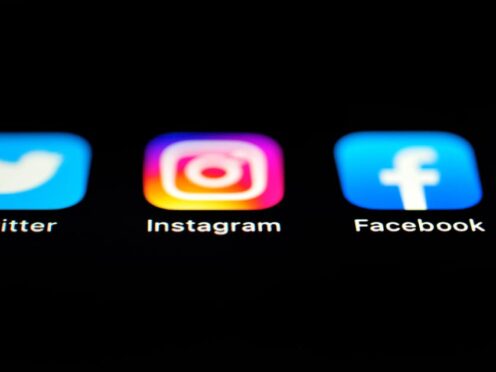
Some parents see online harassment of girls as “normal” and even trivialise it, according to research.
A study by online safety charity Internet Matters found 77% of girls aged 13 to 16 in the UK report digital experiences that are or may be harmful.
One mother of a 15-year-old girl said in the report that “dick pics” are “so standard it’s not noteworthy”.
The report concluded: “What is truly surprising from this research is the fact that some parents, too, are coming to regard online harassment of girls as normal – verging upon trivialising it.”
Such attitudes, the report says, mean some girls are being advised by their parents to “ignore” inappropriate or abusive approaches by boys and men rather than seek support.
Internet Matters co-chief executive Carolyn Bunting said: “The vast majority of parents are aware of their responsibility to support their children and are doing their best.
“But I am concerned that we’ve collectively lost sight of the fact that what is unacceptable offline should also be unacceptable online.”
The charity is calling for a public campaign to “reset expectations about appropriate behaviour online”, including targeted messaging aimed at males.
It also wants to see Ofcom guidance instructing technology companies to combat online harassment.
Elsewhere, the report did find 57% of girls aged 13 to 16 say they feel mostly happy when spending time online, believing social media encourages creativity and enables them to contact friends.
Twelve in-depth interviews with teenage girls and parents were carried out from November 2023 to January 2024 by BMG Research for the “So standard it’s not noteworthy: Teenage girls’ experiences of harm online” report, which was published on Monday.

Enjoy the convenience of having The Sunday Post delivered as a digital ePaper straight to your smartphone, tablet or computer.
Subscribe for only £5.49 a month and enjoy all the benefits of the printed paper as a digital replica.
Subscribe